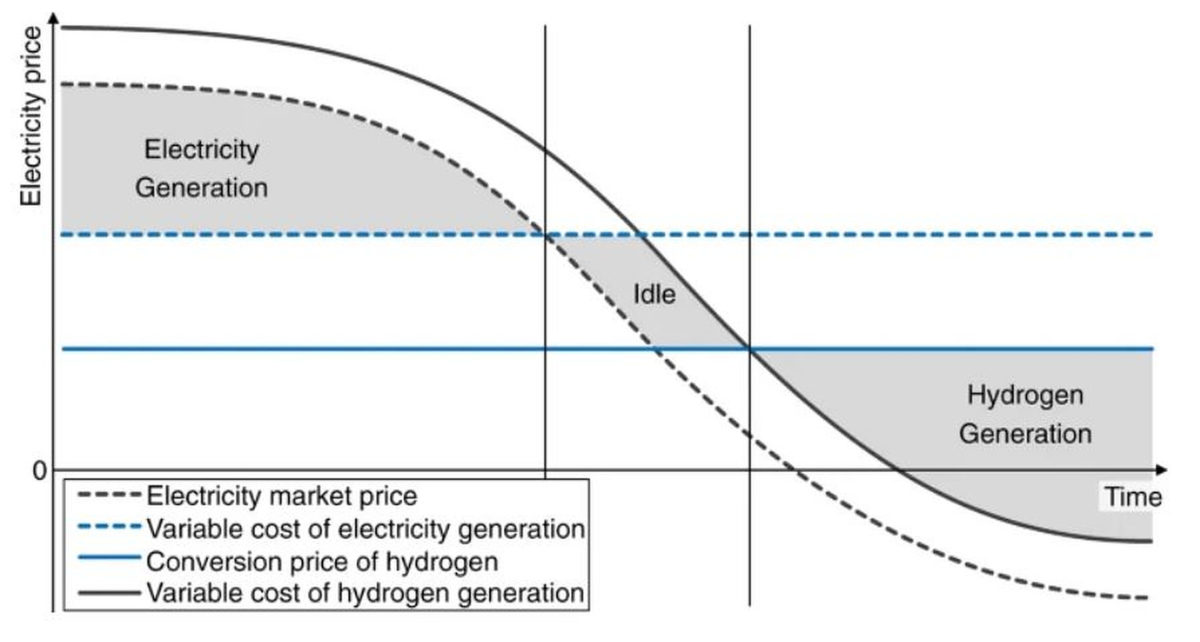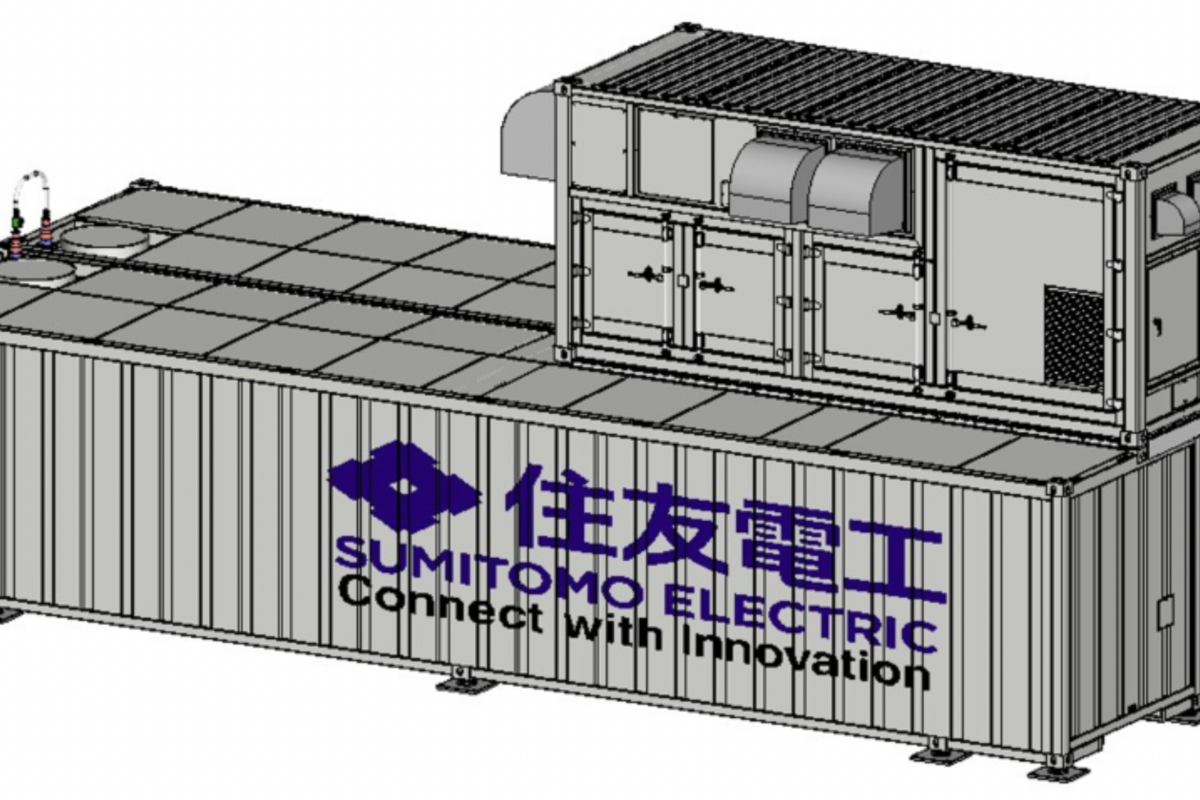Researchers at Stanford University in the United States and at the University of Mannheim in Germany have proposed using reversible fuel cells as backup power generators to cope with volatility in electricity markets and pronounced fluctuations in power prices.
“Reversible fuel cells can be an economically viable source of backup electricity during periods of surging prices, such as Texas experienced in 2021 when winter storms knocked out power plants fueled by natural gas,” the research's main author, Stefan J. Reichelstein, said, noting that reversible systems can help get economic value from renewable electricity when prices are low.
In the paper Reversible Power-to-Gas systems for energy conversion and storage, published in nature communications, Reichelstein and his colleagues developed an analytical model of the unit economics of the reversible fuel cell system. “While modular systems require sufficiently low hydrogen prices in order for the reversibility feature to be valuable, integrated systems can be economically viable for higher hydrogen prices by primarily generating hydrogen but also providing electricity during times of limited power supply,” the study reads.
Through the proposed model, which mainly considered the electricity markets in Germany and Texas, the research group found that fuel cell systems based on solid oxide cell (SOC) technology may be competitive at current hydrogen prices, provided that there is sufficient variation in daily electricity prices, as in the Texas market.
The reversible systems are said to be economically viable even in the presence of substantially lower hydrogen prices in the future. “This is because the inherent flexibility in these systems enables them to respond to lower hydrogen prices by operating more frequently in reverse mode, delivering additional electricity to the power markets,” the researchers said.
They also took into account the potential drop in costs for SOC fuel cells over the next 10 years and found that they may still be competitive even with substantially lower hydrogen prices. These systems may become particularly valuable during periods of electricity scarcity, including regular demand peaks and irregular supply shocks. “The reversible systems can be built to almost any scale, they add, so they can be used by individual companies or small communities as well as by large urban power grids,” Reichelstein concluded.
This content is protected by copyright and may not be reused. If you want to cooperate with us and would like to reuse some of our content, please contact: editors@pv-magazine.com.




2 comments
By submitting this form you agree to pv magazine using your data for the purposes of publishing your comment.
Your personal data will only be disclosed or otherwise transmitted to third parties for the purposes of spam filtering or if this is necessary for technical maintenance of the website. Any other transfer to third parties will not take place unless this is justified on the basis of applicable data protection regulations or if pv magazine is legally obliged to do so.
You may revoke this consent at any time with effect for the future, in which case your personal data will be deleted immediately. Otherwise, your data will be deleted if pv magazine has processed your request or the purpose of data storage is fulfilled.
Further information on data privacy can be found in our Data Protection Policy.